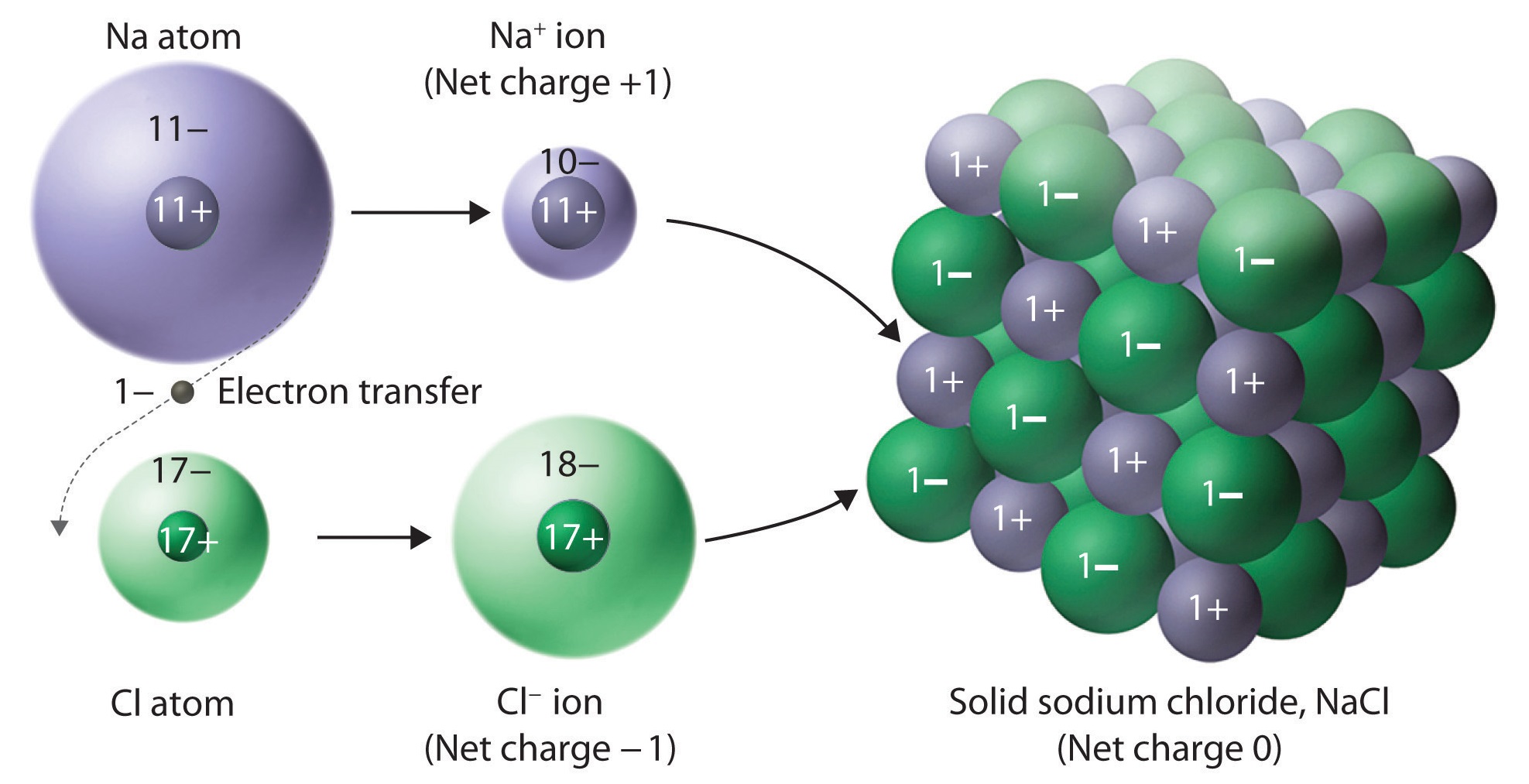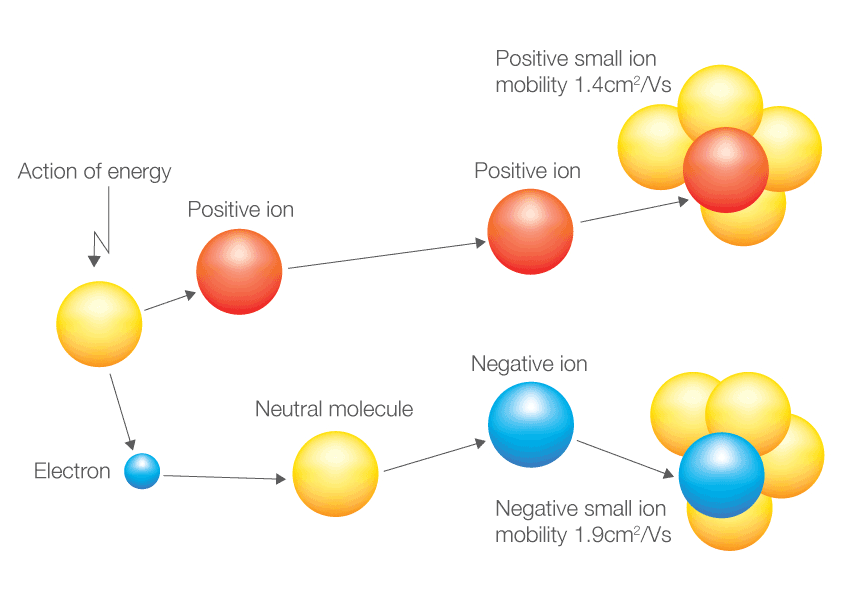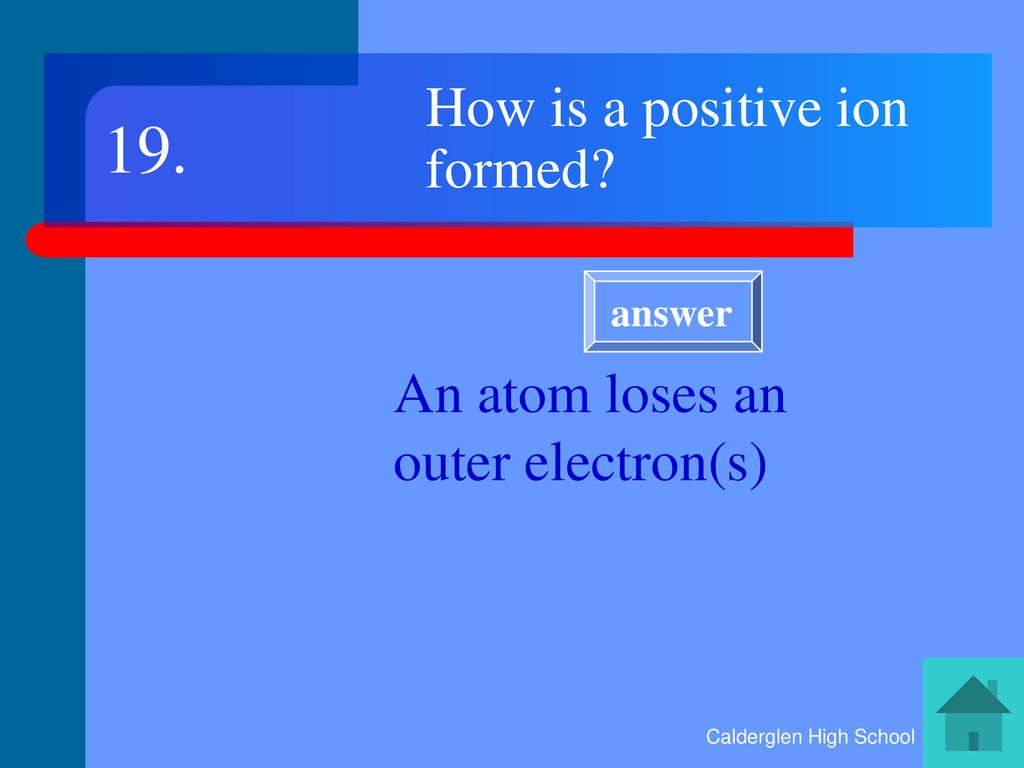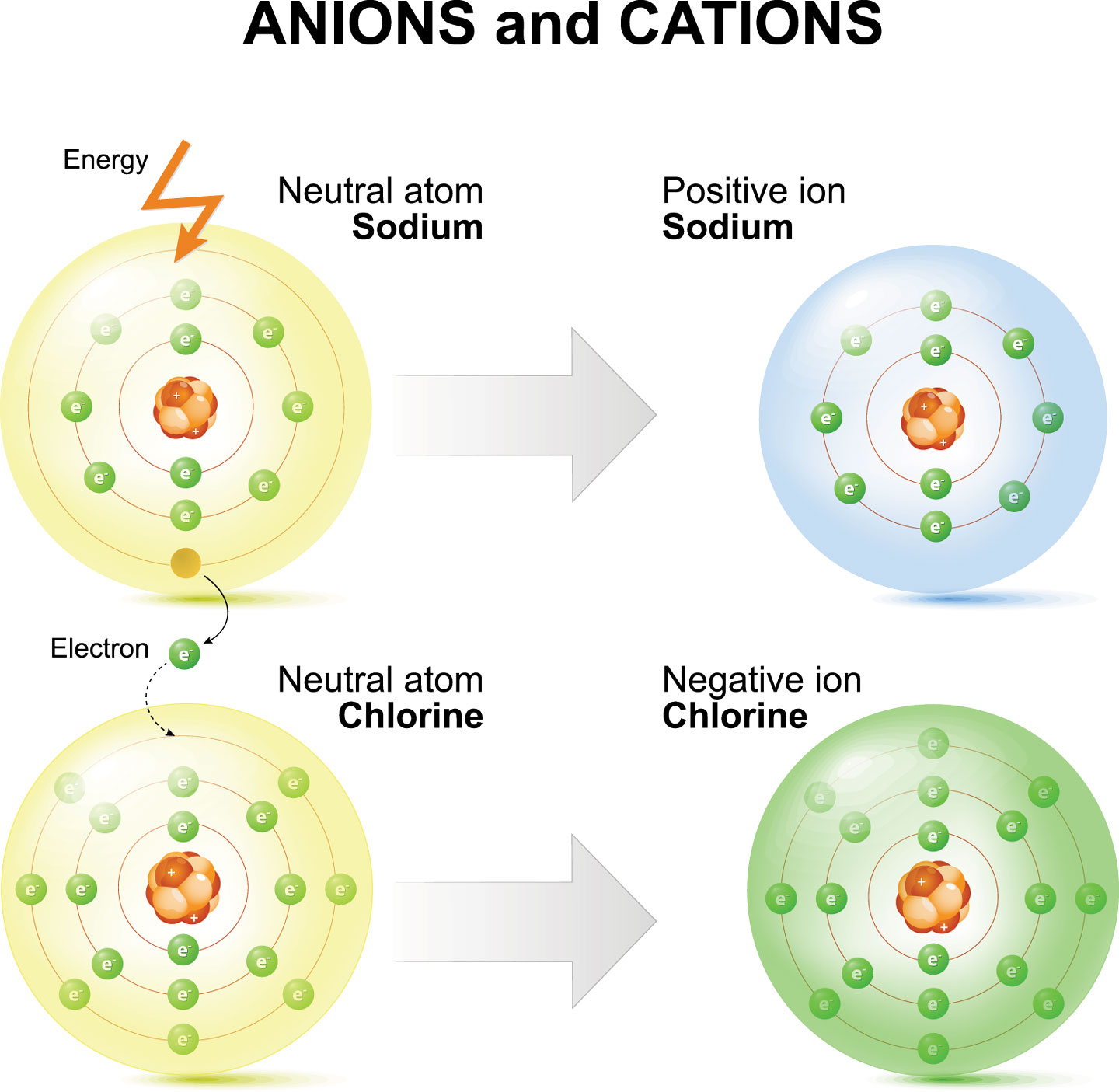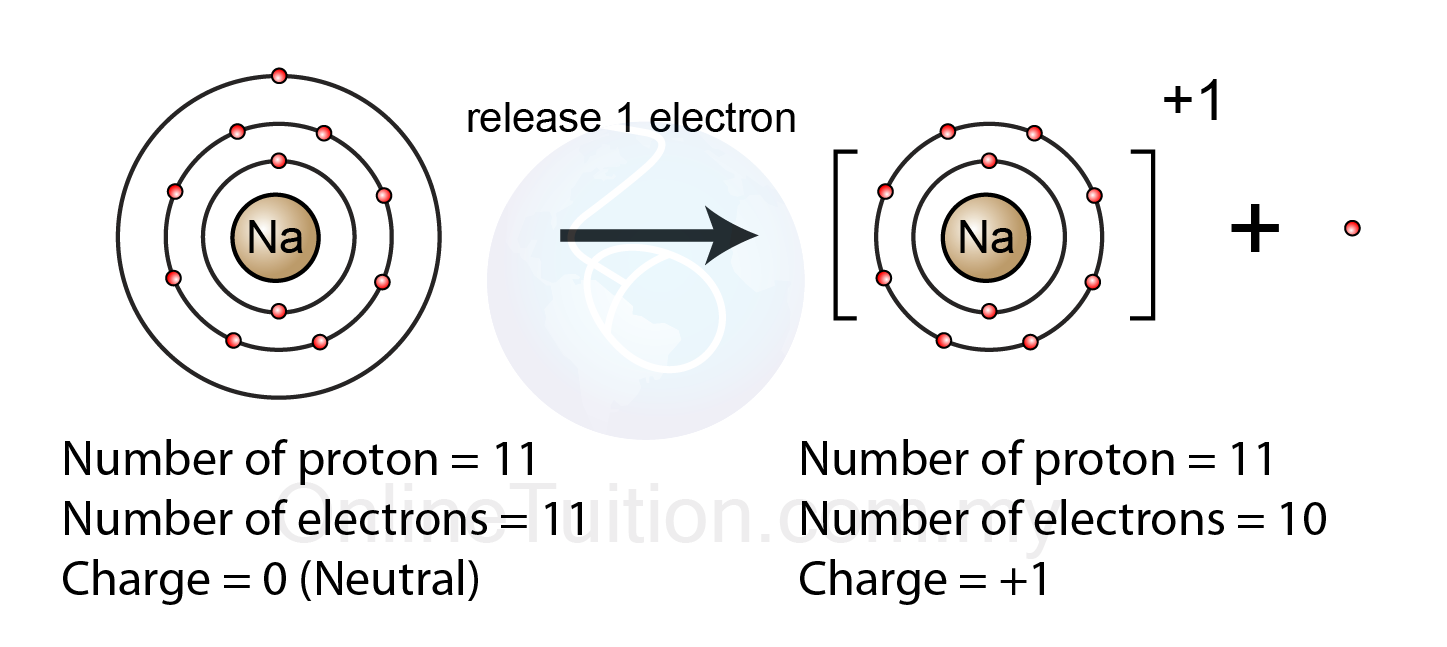A Positive Ion Is Formed When
A Positive Ion Is Formed When - A positive ion is formed when a. Positive and negative ions are formed by gaining or losing electrons from neutral atoms. Ionic formulas balance the total positive and. A neutral atom loses an electron. Ionic compounds have positive ions and negative ions. Ions form when atoms lose or gain electrons. A neutral atom gains an electron. An atom that has gained or lost one or more electrons is called an ion. A negative ion loses an electron. An ion always has a charge that is positive (+) or negative (−).
Ionic formulas balance the total positive and. A neutral atom loses an electron. An atom that has gained or lost one or more electrons is called an ion. An ion always has a charge that is positive (+) or negative (−). A neutral atom gains an electron. Positive and negative ions are formed by gaining or losing electrons from neutral atoms. Ionic compounds have positive ions and negative ions. A positive ion is formed when a. A negative ion loses an electron. Ions form when atoms lose or gain electrons.
A neutral atom loses an electron. A neutral atom gains an electron. Ionic formulas balance the total positive and. An ion always has a charge that is positive (+) or negative (−). Ionic compounds have positive ions and negative ions. An atom that has gained or lost one or more electrons is called an ion. Ions form when atoms lose or gain electrons. Positive and negative ions are formed by gaining or losing electrons from neutral atoms. A negative ion loses an electron. A positive ion is formed when a.
Bonding and Structure* — the science sauce
An atom that has gained or lost one or more electrons is called an ion. Ions form when atoms lose or gain electrons. A neutral atom gains an electron. An ion always has a charge that is positive (+) or negative (−). Ionic formulas balance the total positive and.
20.12 Engineering Chemistry LibreTexts
Ions form when atoms lose or gain electrons. Ionic formulas balance the total positive and. Positive and negative ions are formed by gaining or losing electrons from neutral atoms. An ion always has a charge that is positive (+) or negative (−). An atom that has gained or lost one or more electrons is called an ion.
Periodic Table Which Groups Of Elements Tend To Form Positive Ions
A neutral atom gains an electron. Positive and negative ions are formed by gaining or losing electrons from neutral atoms. Ions form when atoms lose or gain electrons. A positive ion is formed when a. A negative ion loses an electron.
Draw the structure of the stable positive ion formed when an acid
A positive ion is formed when a. An ion always has a charge that is positive (+) or negative (−). An atom that has gained or lost one or more electrons is called an ion. Ionic formulas balance the total positive and. Ionic compounds have positive ions and negative ions.
5.2.1 Formation of Ion Revision.my
A neutral atom loses an electron. Ionic compounds have positive ions and negative ions. A negative ion loses an electron. Ionic formulas balance the total positive and. A positive ion is formed when a.
All about positive and negative ions?
An ion always has a charge that is positive (+) or negative (−). A neutral atom loses an electron. A positive ion is formed when a. Ionic formulas balance the total positive and. Positive and negative ions are formed by gaining or losing electrons from neutral atoms.
Atomic Structure / Periodic Table ppt download
A neutral atom loses an electron. A positive ion is formed when a. Positive and negative ions are formed by gaining or losing electrons from neutral atoms. A negative ion loses an electron. An ion always has a charge that is positive (+) or negative (−).
design a positive ion with a charge of 2 annalealyon
A neutral atom loses an electron. An atom that has gained or lost one or more electrons is called an ion. A negative ion loses an electron. Ionic compounds have positive ions and negative ions. An ion always has a charge that is positive (+) or negative (−).
5.2.1 Formation of Ion Revision.my
A positive ion is formed when a. Positive and negative ions are formed by gaining or losing electrons from neutral atoms. A negative ion loses an electron. Ionic formulas balance the total positive and. An ion always has a charge that is positive (+) or negative (−).
Lesson Video Ions Nagwa
An ion always has a charge that is positive (+) or negative (−). Positive and negative ions are formed by gaining or losing electrons from neutral atoms. An atom that has gained or lost one or more electrons is called an ion. Ionic compounds have positive ions and negative ions. Ions form when atoms lose or gain electrons.
A Negative Ion Loses An Electron.
A neutral atom gains an electron. Ionic formulas balance the total positive and. Positive and negative ions are formed by gaining or losing electrons from neutral atoms. A neutral atom loses an electron.
Ionic Compounds Have Positive Ions And Negative Ions.
An atom that has gained or lost one or more electrons is called an ion. An ion always has a charge that is positive (+) or negative (−). A positive ion is formed when a. Ions form when atoms lose or gain electrons.

